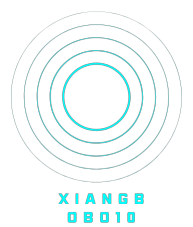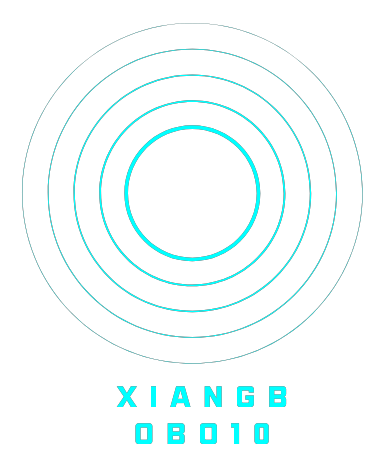Behind these shimmering illuminations and those alluring sounds of rotating reels lies a dynamic world in which innovation meets mathematics: the creation of games of chance. While players flock to gaming establishments seeking thrills and the chance of winning big, a huge amount of effort takes form behind closed doors to create these games for their enjoyment. From the starting concept to the final product that players engage with, many elements are brought together to ensure a captivating play experience.
Creators, technicians, and game developers work together to combine cutting-edge technology with enthralling gameplay mechanics. Every aspect, from graphics and sound effects to odds plus returns, is meticulously crafted to attract players plus keep them engaged. Understanding the intricate process of the way casino games are made reveals not only the technical skills required but also the artistic vision that transforms these immersive experiences to life.
Game Design Workflow
The game workflow begins with idea generation and concept development, where creators develop concepts for innovative casino games. This first phase often includes pinpointing target audiences and analyzing market trends. Designers take into account elements such as game mechanics, themes, and payout structures to create an engaging experience. Teamwork between game designers, mathematicians, and artists is essential to ensure a balanced concept.
Once a concept is chosen, the next stage involves creating prototypes and testing. Designers build a functional version of the game to assess its playability and mechanics. This allows for adjustments and refinements based on feedback from testers. Iteration is vital, as designers may go through multiple rounds of testing to optimize gameplay balance and user experience. This stage is crucial for identifying any potential issues before the game is finalized.
After testing, the game moves into the development phase and production. This includes the technical aspects of coding the game software, integrating graphics, and ensuring compliance with gaming regulations. Quality assurance testing verifies that the game functions flawlessly across different platforms and devices. Once everything is polished, the game is prepared for launch, often accompanied by marketing strategies to draw in players and generate excitement around the latest casino game.
Tech and Advancement
The development of gambling games has evolved significantly with developments in technology. https://vb777.forum/ Contemporary game design often includes premium graphics, engaging sound effects, and engaging animations that create a thrilling experience for gamers. Game developers use advanced software tools and coding languages to develop these immersive gaming experiences. Additionally, the use of RNGs ensures fairness and unpredictability in outcomes, which is important for ensuring player trust and compliance with gaming regulations.
In the past few years, the surge of online casinos has expanded the boundaries of game development even further. Developers are now able to build games that appeal to a global audience, incorporating features such as live dealer options and VR environments. This shift has encouraged innovation, leading to novel game mechanics and formats that enhance player engagement. Mobile gaming has also become a major focus, prompting developers to optimize games for smartphones and tablets, ensuring availability and convenience for players on the go.
Cooperation among designers, artists, and mathematicians is crucial in the development process. Each team brings their expertise to make sure games are not only visually appealing but also statistically accurate and enjoyable. The integration of player feedback during testing phases allows developers to refine game features and functionalities, ultimately leading to a positive launch. As technology continues to advance, the potential for new game concepts and experiences is endless, promising an enticing future for casino games.
Evaluating and Quality Control
Once a casino game has been created, it transitions to the essential phase of evaluation and quality control. This phase ensures that the game operates seamlessly and provides a just experience for players. Teams conduct thorough tests, including operational checks to verify that all game features work as intended. Each element, from graphics to audio, is assessed to ensure high standards are met.
In addition to operational testing, the game undergoes stringent compliance checks to meet legal requirements. Multiple jurisdictions have specific regulations governing game fairness and player protection. Quality assurance teams will check that the random number generators are working correctly and that the game’s payout percentages correspond with market standards. This meticulous examination helps establish trust with users and oversight bodies alike.
Finally, beta testing may be conducted with real players to obtain opinions on user experience. This crucial insight allows developers to execute necessary adjustments before the official launch. Resolving any likely issues identified during this phase helps ensure that gamblers will experience a seamless, captivating experience when the game goes live. The commitment to excellence reflects the sector’s dedication to delivering pleasant and reliable casino games.

